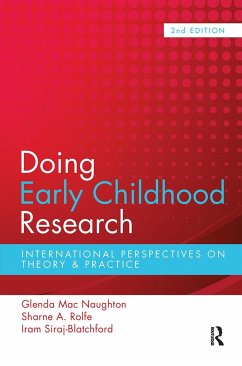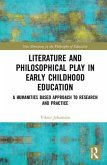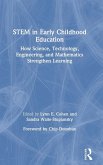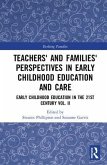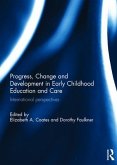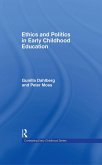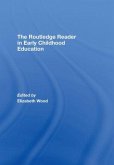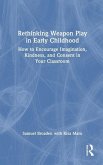Doing Early Childhood Research demystifies the research process. An international team of experienced researchers shows how to select methods which are appropriate for working with young children in early childhood settings or at home. They provide a thorough introduction to the most common research methods used in the early childhood context. Reflecting the multidisciplinary nature of much early childhood research, they cover a wide range of conventional and newer methods including observation, small surveys, interviews with adults and children, action research, ethnography and quasi-experimental approaches. They explain clearly how to set up research projects which are theoretically grounded, well-designed, rigorously analysed, feasible and ethically based. Each chapter is illustrated with examples. Widely used by early childhood researchers in many countries, this second edition of Doing Early Childhood Research has been fully revised. It includes new chapters on beginning research, mixed methods research, interviewing children, and working with Indigenous children, and also new case study chapters. It is essential reading for novice, initial career and experienced researchers. 'It is rare for any research methodology book to cover so much ground, and contain so many different kinds of resources between two covers.' - Journal of Education for Teaching 'As a guide for new and inexperienced researchers, it is second to none.' - British Journal of Educational Studies
Hinweis: Dieser Artikel kann nur an eine deutsche Lieferadresse ausgeliefert werden.
Hinweis: Dieser Artikel kann nur an eine deutsche Lieferadresse ausgeliefert werden.

